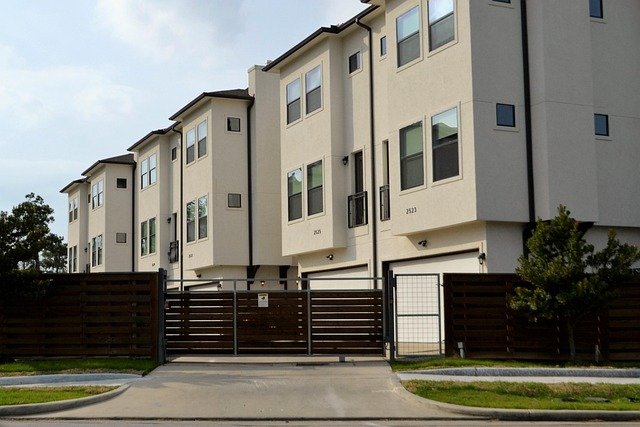Understanding the Role of Telecommunications in Smart Cities
A new era of connectivity is upon us. As we transition into a digital age where the internet and telecommunications are integral to our everyday lives, the way we live and interact with the world around us is rapidly changing. One such transformation is the emergence of smart cities, urban areas that leverage digital technologies to improve the quality of life for their residents.

The Genesis of Smart Cities
The concept of smart cities isn’t new. The term was coined in the early 1990s when the idea of integrating technology into urban planning began to gain traction. The primary motivation was to address the mounting challenges of urbanization, such as population growth, environmental degradation, and inadequate public services.
The advent of the internet and advancements in telecommunications provided the necessary tools to make this vision a reality. For instance, the internet enabled the collection and analysis of large volumes of data to improve decision-making, while telecommunications brought connectivity, enabling devices and systems to communicate with each other.
The Current Landscape of Smart Cities
Today, smart cities are no longer a distant dream but a part of our reality. Cities worldwide are embracing this concept, using technology to enhance service delivery, improve infrastructure, and promote sustainable practices. The role of telecommunications in facilitating this transformation can’t be overstated.
Telecommunication networks act as the backbone of smart city infrastructure, enabling the seamless flow of information between various systems and devices. For instance, smart grids rely on these networks to monitor energy usage and manage resources effectively. Similarly, intelligent transport systems use connectivity to optimize traffic flow and improve public transportation.
Impacts and Challenges of Telecommunications in Smart Cities
The impact of telecommunications on the development of smart cities is profound. Improved connectivity has not only enabled the integration of various systems and devices but has also enhanced the quality of life for residents by providing access to essential services like healthcare and education.
However, this transformation isn’t without challenges. The integration of technology into urban infrastructure has raised concerns about data privacy and security. Moreover, the digital divide, a disparity in access to digital technologies, threatens to exclude certain populations from the benefits of smart cities.
Making Telecommunications Work for Smart Cities
Addressing these challenges requires a strategic approach. For instance, data privacy can be improved by implementing robust cybersecurity measures and promoting transparency in data collection and usage. On the other hand, bridging the digital divide requires concerted efforts to improve digital literacy and provide affordable internet access.
In conclusion, telecommunications play a pivotal role in the development of smart cities. It provides the necessary connectivity, enabling the integration of various systems and devices to enhance service delivery and improve the quality of life for residents. However, this transformation comes with challenges that need to be addressed to ensure the benefits of smart cities are accessible to all.
As we look forward to a future where connectivity is a fundamental part of our lives, understanding the role of telecommunications in smart cities is more important than ever. In this dynamic landscape, the possibilities are limitless, and the potential for change is immense.




